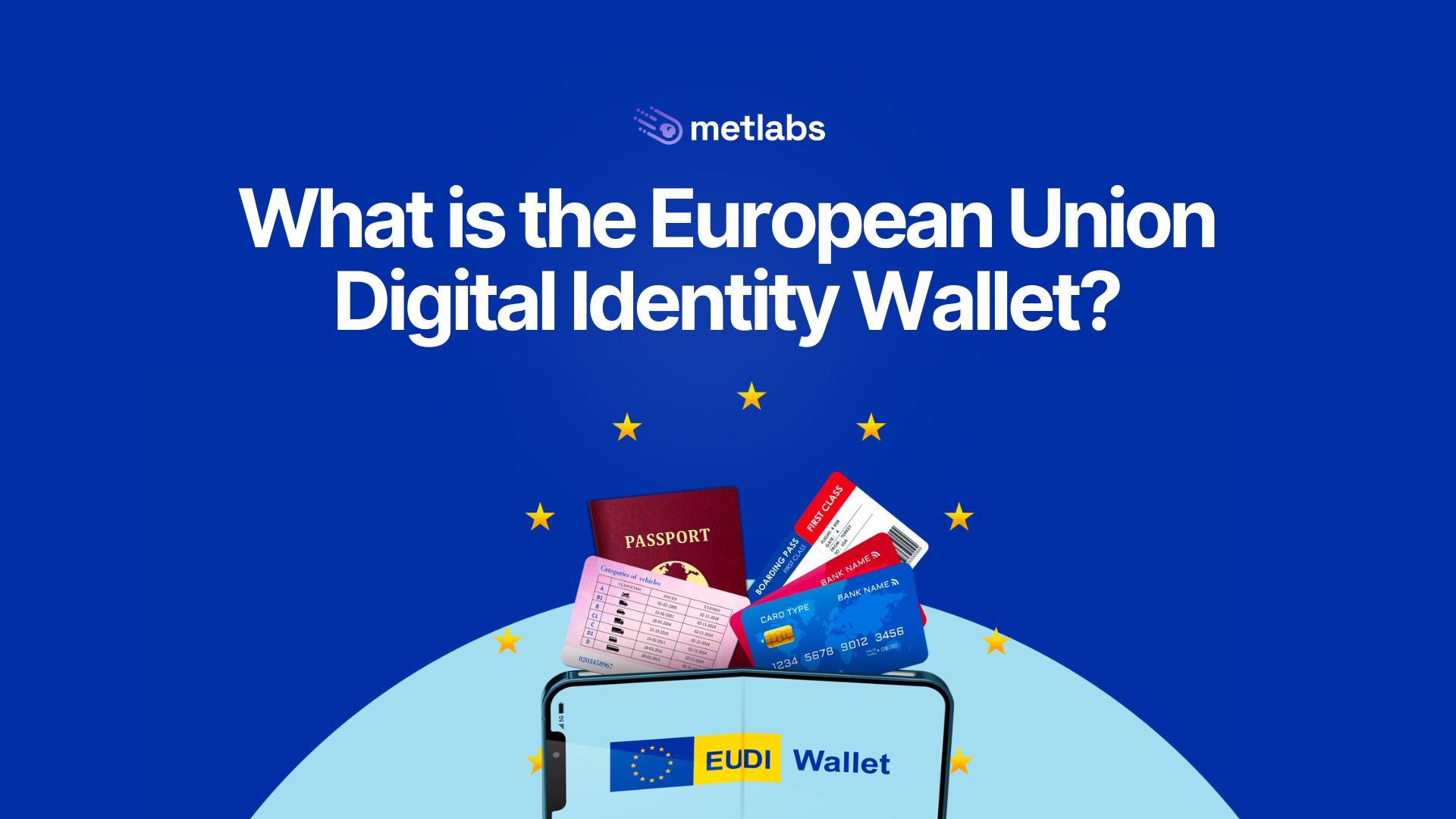According to the European Commission’s own words: “it is about personal digital wallets in the form of mobile apps that allow citizens to digitally identify themselves, store, and manage identity data and official documents digitally. These can include driving licenses, medical prescriptions, or academic qualifications. With them, citizens will be able to prove their identity throughout the European Union when necessary to access online services, provide digital documents, or simply demonstrate a specific personal attribute such as age without revealing their identity or other personal data.“
Therefore, the European digital identity is a State and digital mechanism for identification. A digital document similar to the DNI (National ID Document) that we will have stored on our mobile phones and that will contain much more information than the physical DNI itself, since, as we have seen, it can also collect academic titles or medical records
What is the purpose of the EU digital identity?
Returning once more to the words of the European Commission, the EU digital identity will allow identification “in front of public administrations throughout the European Union and also in front of certain private companies operating in Europe that will be obliged to incorporate the European digital identity as an internal authentication mechanism.“
Regarding this last point, What does the EU say about private services?
“European citizens should be able to use their European Union digital identity wallet to access digital services across the internet, including certain private services. In this regard, it improves efficiency and extends to the private sector the advantages of a secure and convenient digital identity. For some private services, the acceptance of the wallet will be mandatory, especially when a high level of identity assurance of their customers is necessary. This is the case, for example, for payments and the opening of bank accounts and certain use cases in the areas of transportation, energy, social security, health, drinking water, postal services, digital infrastructure, education, or telecommunications. The requirement to recognize the wallet for authentication also applies to very large online platforms designated under the Digital Services Act, such as those provided by Meta, Amazon, Apple, Booking.com, TikTok, or Zalando.“
To be more specific, the European Commission has published on its website some use cases:
“Peter has installed an EU digital identity wallet on his mobile phone. Peter’s digital wallet allows him to download, store, and use his basic personal data, a driving license, a diploma, and a bank card that he previously carried in his physical wallet. The wallet will also allow Peter to electronically sign any digital transaction, like a work or rental contract… or to rent a car at the airport… or to identify himself in an online service to prove his identity… or to book a hotel online.“
Reflections and conclusion
The implementation of the European digital identity, although presented as a facilitative tool for identification in the digital environment, deserves a deep critical evaluation, especially in terms of the role of the State and the potential implications for individual freedom.
Indeed, the adoption of the European digital identity runs the risk of becoming a tool for massive surveillance and control in the hands of the State, far from being merely a facilitation for digital transactions. The potential for significant abuse is evident when we consider the parallel with the use of the passport. Contrary to general perception, the passport does not merely act as a means of identification at borders (since for this any identification document would be valid and the state monopoly of identification would not be necessary); its primary function has shifted towards being a mechanism of control to restrict the exit of citizens from the country. The withdrawal of the passport by state authorities can effectively lock citizens within their own countries, demonstrating how identification instruments can be used to curtail freedom of movement.
The concern is that the European digital identity could follow a similar path, transforming from an online identification tool to an omnipresent state control mechanism. The state, by monopolizing this digital identification system and making it indispensable for carrying out a wide range of daily activities, acquires unprecedented power over citizens. This scenario poses a future in which access to basic services, freedom of expression, and the right to privacy could be conditioned by compliance with state regulations, embodied in the possession and use of this digital identity.
Moreover, the obligation to use the European digital identity to access online services and carry out digital transactions represents a serious danger to civil liberties. This state mandate not only violates privacy by requiring the disclosure of sensitive personal data (such as medical history) but also lays the groundwork for digital censorship and exclusion. To the extent that the State has the ability to revoke or limit access to this digital identity, it would have the power to silence dissent and marginalize those it considers undesirable or a threat to the established order.
This critical analysis not only highlights the inherent risks of concentrating identification power in the hands of the State but also underscores the importance of preserving multiple identification and verification mechanisms that allow citizens to maintain a certain autonomy in the face of state imposition. The experience of countries without a mandatory national identity document, such as the United States, illustrates how the diversity of identification methods can offer a barrier against excessive state control.
In conclusion, it is imperative to consider with skepticism and caution the implementation of the European digital identity, recognizing the potential dangers it poses to individual freedom and privacy. The history and function of the passport as a state control instrument should serve as a warning: any identification tool, if centralized and made mandatory by the State, can easily become a means to limit our fundamental freedoms, instead of protecting them.








